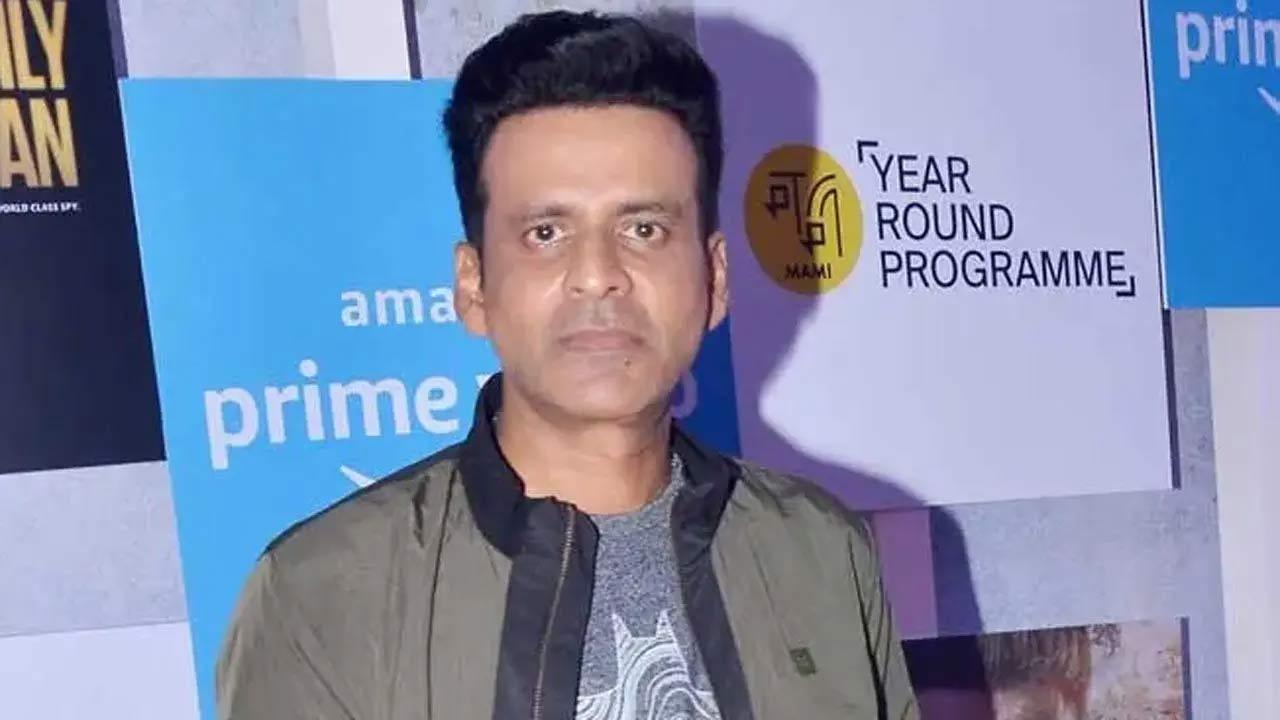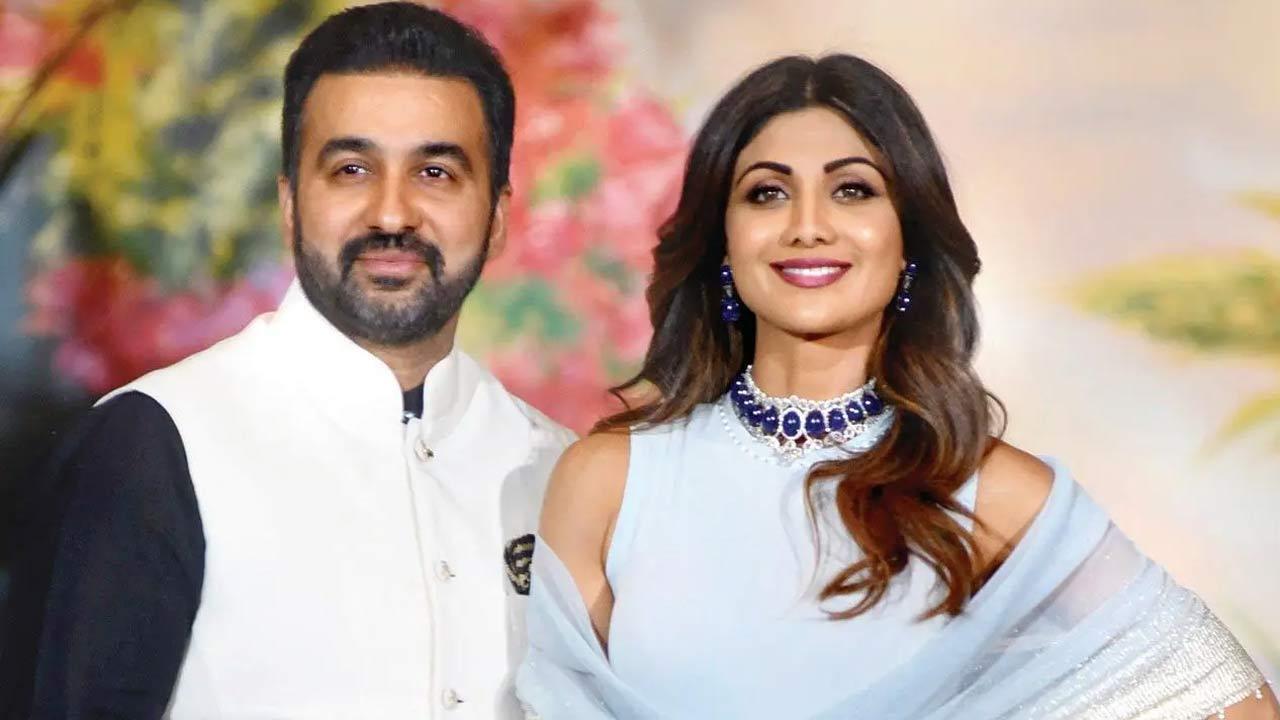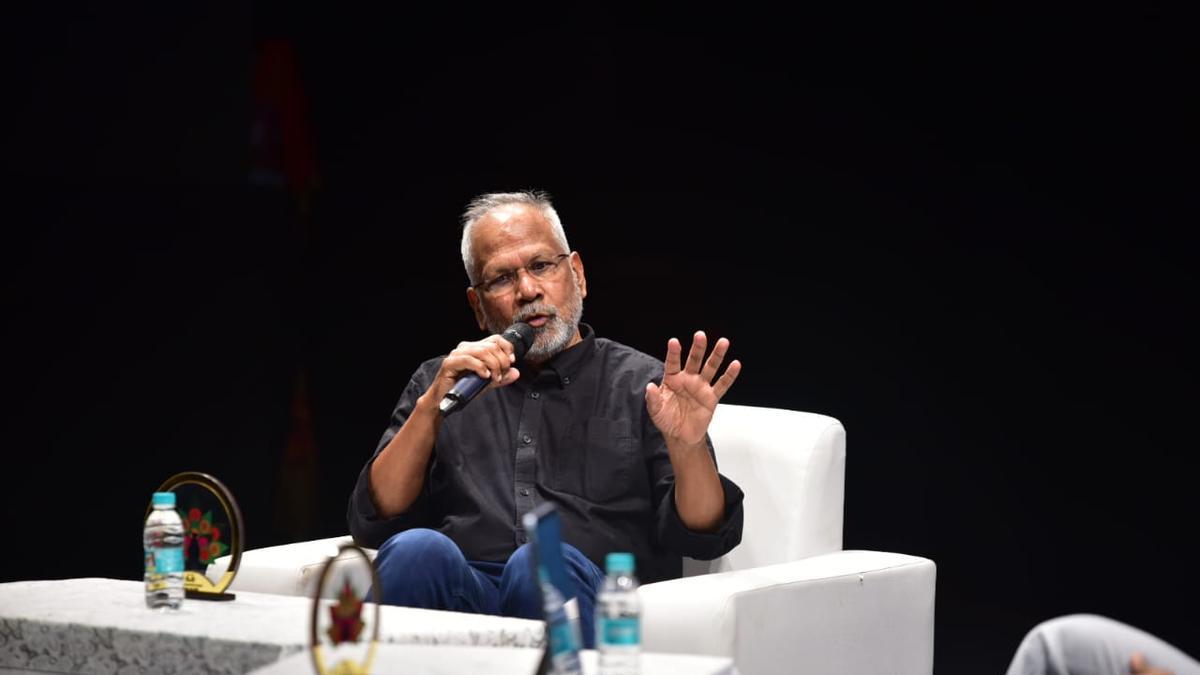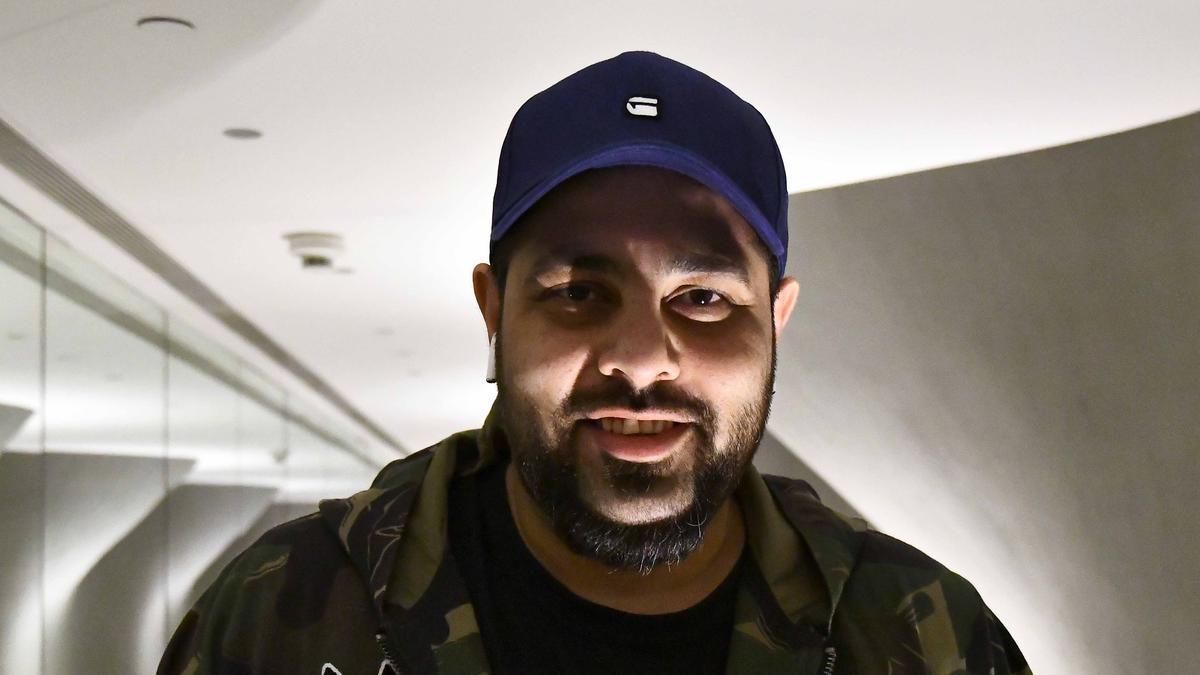
She broke into the male bastion of qawwali singing several years ago and continues to enthral music lovers. Singer-composer Nisa Azeezi, 54, is among the recipients of the Kerala Sangeetha Nataka Akademi Award 2023. A native of Malappuram and having grown up in a family deeply rooted in music, Nisa attributes her success to her father, MA Azeez, a Hindustani musician, and her various gurus.
Despite the increasing number of women ghazal singers, women qawwali singers remain a rarity, Nisa tells us over the phone from Shornur in Palakkad district. Her journey into the realm of Hindustani music began at the tender age of four under the tutelage of AE Vincent. Her initial performance with her father came when she was just six years old. Though she was surrounded by Hindustani music, Nisa enrolled at the Chembai Memorial Government Music College in Palakkad to pursue Carnatic music, driven by the advice of her father and teacher, KG Marar. She proudly recalls being the first girl from the Muslim community to study Carnatic music at the college.
Throughout her formative years, Nisa performed at various prestigious events, including the Kalpathy chariot festival and numerous Navarathri music festivals. Yet, not everyone was supportive of her decision to study music. “Many from our community were unhappy with my choice. But my family, especially my father, supported me wholeheartedly,” Nisa explains. This wholehearted support came in handy, enabling her to navigate cultural and social hurdles with ease.
Nisa hails from a large family, being the eldest of Azeez’s nine children. While her sisters pursued different paths, her brothers are fully immersed in the world of music. “One of my brothers accompanies me on the tabla at all my concerts,” she notes.
Her journey wasn’t solitary, as she found an ardent supporter in her husband, Mustafa Deshmangalam, a director and writer. “He chooses the songs that suit my voice,” she says. Her two children have also inherited this musical legacy.
Nisa’s repertoire expanded significantly as she supplemented her Hindustani music education with advanced lessons from experts like Saratchandra Marathe and Nalin Moolj at Akhil Bharatiya Gandharva Mahavidyalaya Mandal, Mumbai.
. Continuing her quest for musical excellence, she honed her skills under the guidance of Ustad Faiyaz Ahmed Khan of Kirana gharana, Ustad Rafique Khan of Dharwad gharana, and Umer Ustad of Jaipur gharana while working as a teacher at MES Senior Secondary School in Tirur.
Among her many inspirations is the legendary Pakistani musician Abida Parveen, often heralded as the Queen of Sufi music. “I have an open-throated voice, and many say I sing in her style,” Nisa states. While she performs both qawwalis and ghazals, she admits a stronger affinity toward the former. “Qawwali takes me to a state of trance, where I feel connected to a supreme power,” she muses. Such moments of transcendence underscore the spiritual dynamism embedded in qawwali music.
In her performances, Nisa also delights audiences with her ghazal compositions, recalling how Umbayi Saab helped popularize ghazals in Malayalam. She feels gratified that Kerala now has a knowledgeable audience that appreciates ghazals. Nisa has released several albums, including ‘Jasb-e-dil’ (an Urdu ghazal album), ‘Ethra Madhuramaayi Padunnu Nee’ (a Malayalam ghazal album), and a Sufi rock album titled ‘Ya Maula’.
Over the years, she has set many Malayalam poems to music, collaborating with renowned poets like Rafeeq Ahamed, Alankode Leelakrishnan, TP Rajeevan, Sugathakumari, and Anwar Ali. Her inspirations also include musical legends such as Mehdi Hassan, Nayyara Noor, Noorjahan, Farida Khanu, and Baburaj. A noteworthy moment in her career came during the COVID-19 lockdown when she rendered lines from the Balakandam of The Ramayana in Sufi style for an online event, which garnered significant attention.
Her performances often elevate her audience to join in, blurring the line between spectator and performer. “There have been occasions when the audience became my support singers during qawwali sessions,” she fondly recalls. The growing appreciation for qawwali and ghazal in Kerala is a trend Nisa finds encouraging.
Currently, Nisa is occupied conducting online classes in Hindustani music for students worldwide. “My husband and friends often give me their poems to compose. I enjoy that process – sitting with my harmonium in a room and finding that tune,” she shares, encapsulating the essence of her enduring love for music. This passion, combined with her trailblazing roles, continues to inspire and open new avenues for women in the field of qawwali and ghazal music.










